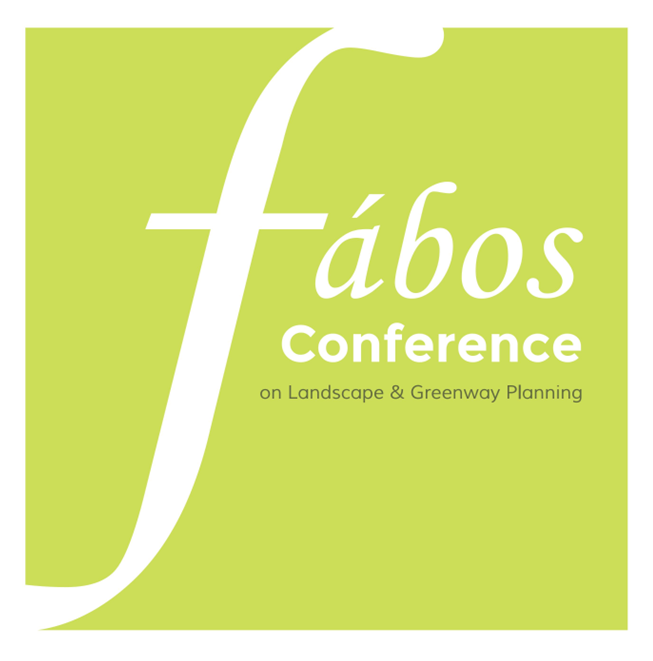Overcoming Barriers: Transportation and Employment Access for Syrian Refugees in Mafraq City, Jordan
Abstract
Studies indicate that having access to employment opportunities is crucial; however, access to the labor market for refugees has been discovered to be significantly hampered by transportation issues. Yet studies have yet to examine refugee travel patterns and their experiences accessing employment opportunities, particularly in the Middle East. Therefore, this study explores the transportation experiences of Syrian refugees in Mafraq City, Jordan. Specifically, this research addresses the following questions: How are transit Syrian refugees overcoming transportation challenges and barriers? How are decision-makers addressing refugee needs in the planning process in Mafraq? The study utilizes an exploratory qualitative methodology that combines semi-structured interviews with Syrian refugees and surveys.
The study's findings show how Syrian refugees in Mafraq, Jordan, overcome transportation barriers to access employment, focusing on two main aspects. First: Community-Led Adaptation: To overcome transportation challenges and increase mobility, refugees turn to unofficial networks, shared resources, and grassroots projects. These strategies demonstrate the ability to use community-based solutions and the tenacity of displaced populations. Second: Approaches to Policy and Planning: Mafraq's decision-makers have had differing degrees of success in addressing the country's transportation issues. To address refugee mobility, the study looks at existing regulations, finds gaps, and investigates how to include transportation demands into greenway and sustainable urban development frameworks.
This study adds to the conference's "Healing Place and Planet" topic by highlighting how mobility, equity, and sustainability connect in urban landscapes. It emphasizes the necessity of integrated planning strategies prioritizing at-risk populations and connecting transportation planning with long-term regional resilience and employment access. The findings also promote the participation of refugees in planning procedures to create fair, accessible, and inclusive greenways that benefit both host and displaced communities.
Keywords: Refugee Mobility, Transportation Challenges, Employment Access, Refugees, Sustainable Planning, Inclusive Greenways, Community Resilience, Policy Responses, Urban Equity
Keywords: Refugees, Transportation, Employment Access
How to Cite:
Alhadyan, S. K., (2025) “Overcoming Barriers: Transportation and Employment Access for Syrian Refugees in Mafraq City, Jordan ”, Fábos Conference on Landscape and Greenway Planning 8(1). doi: https://doi.org/10.7275/fabos.2806
415 Views
351 Downloads
